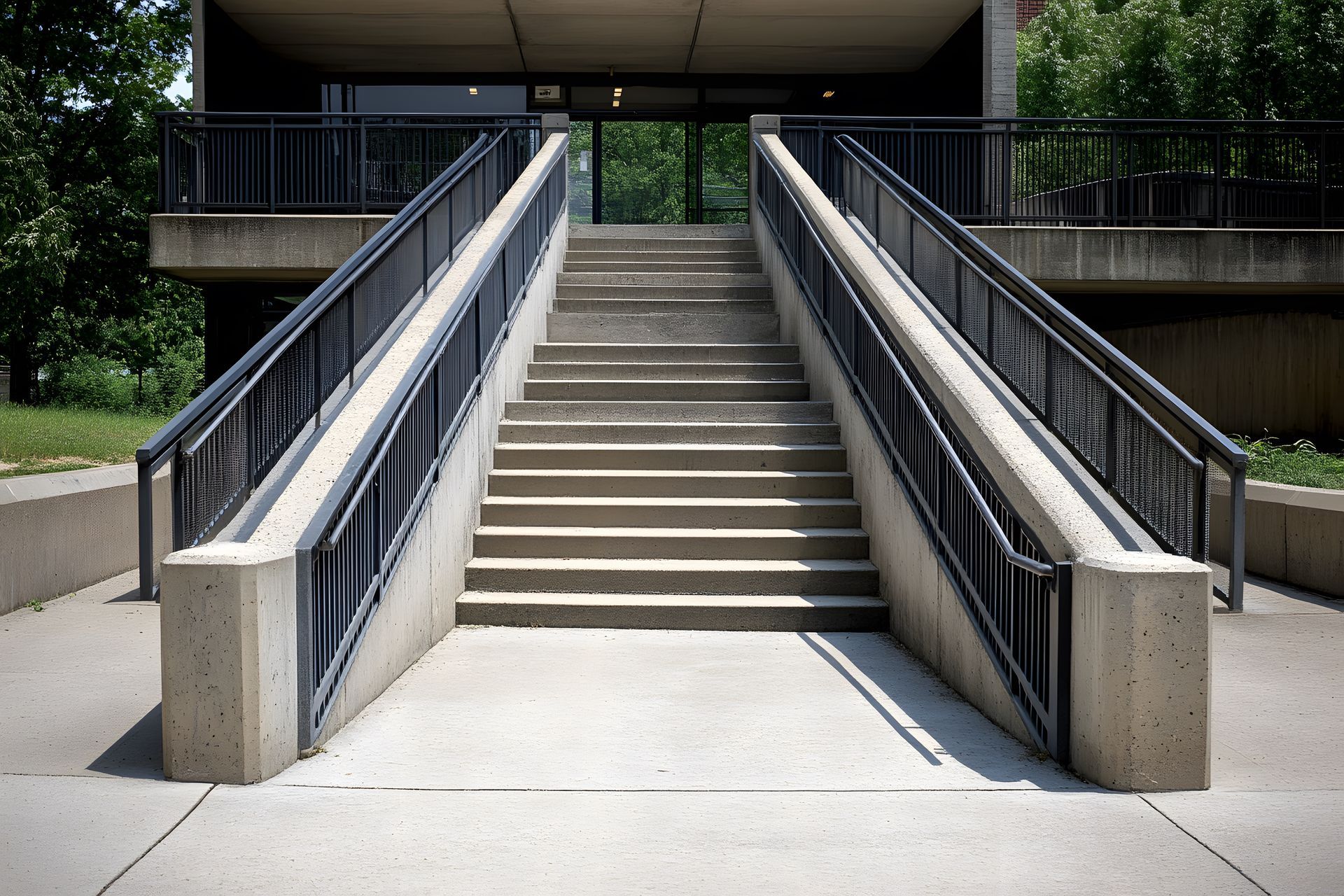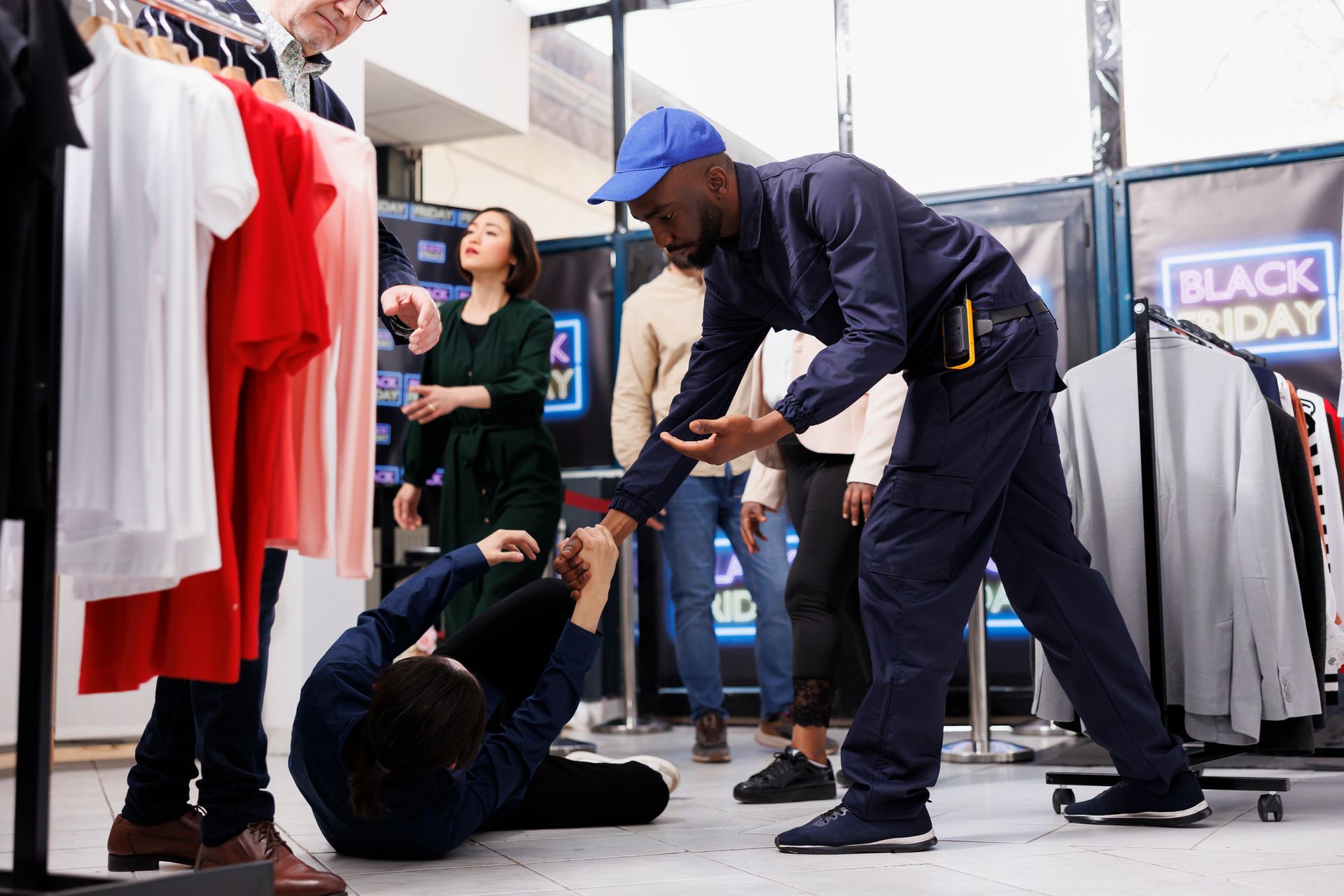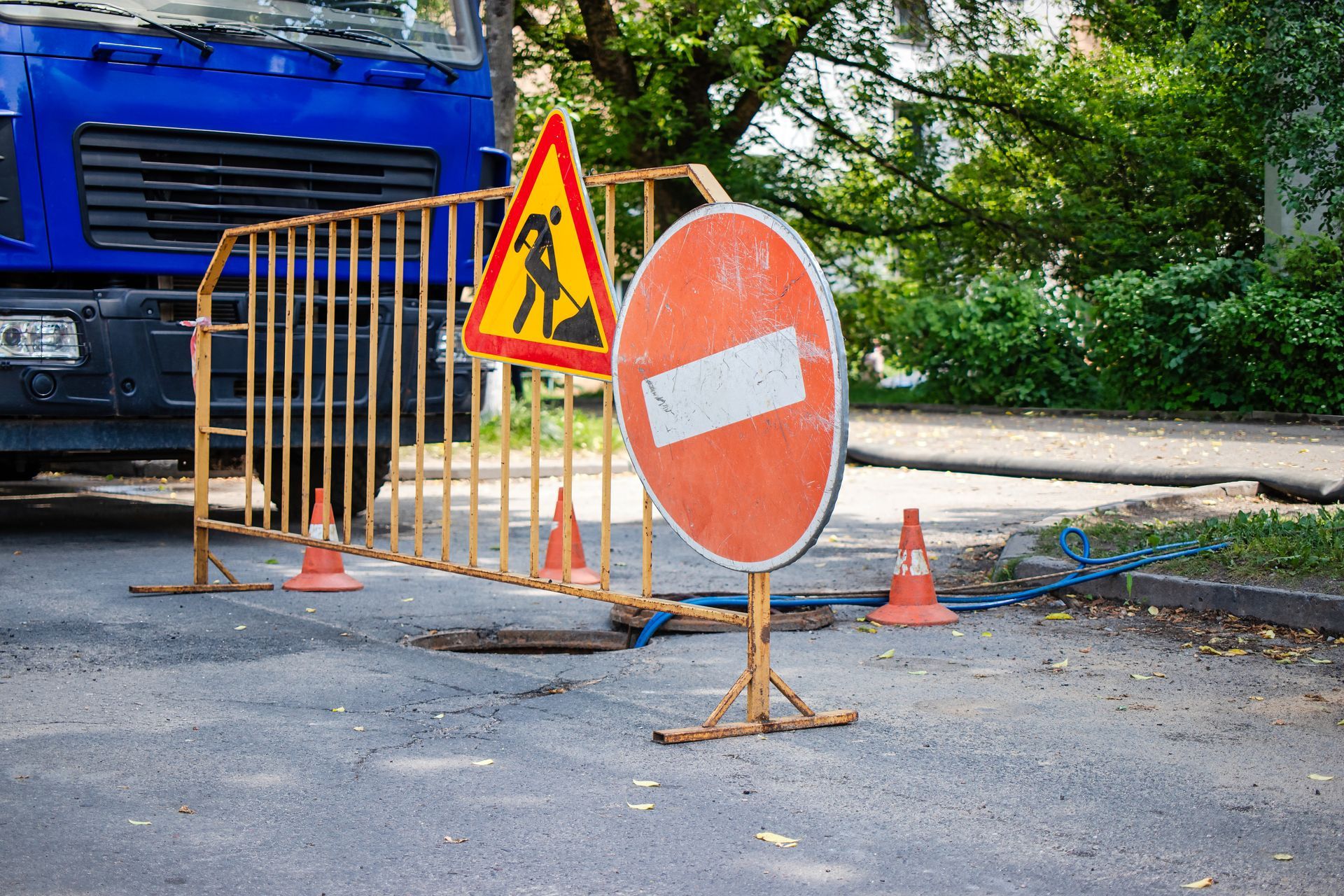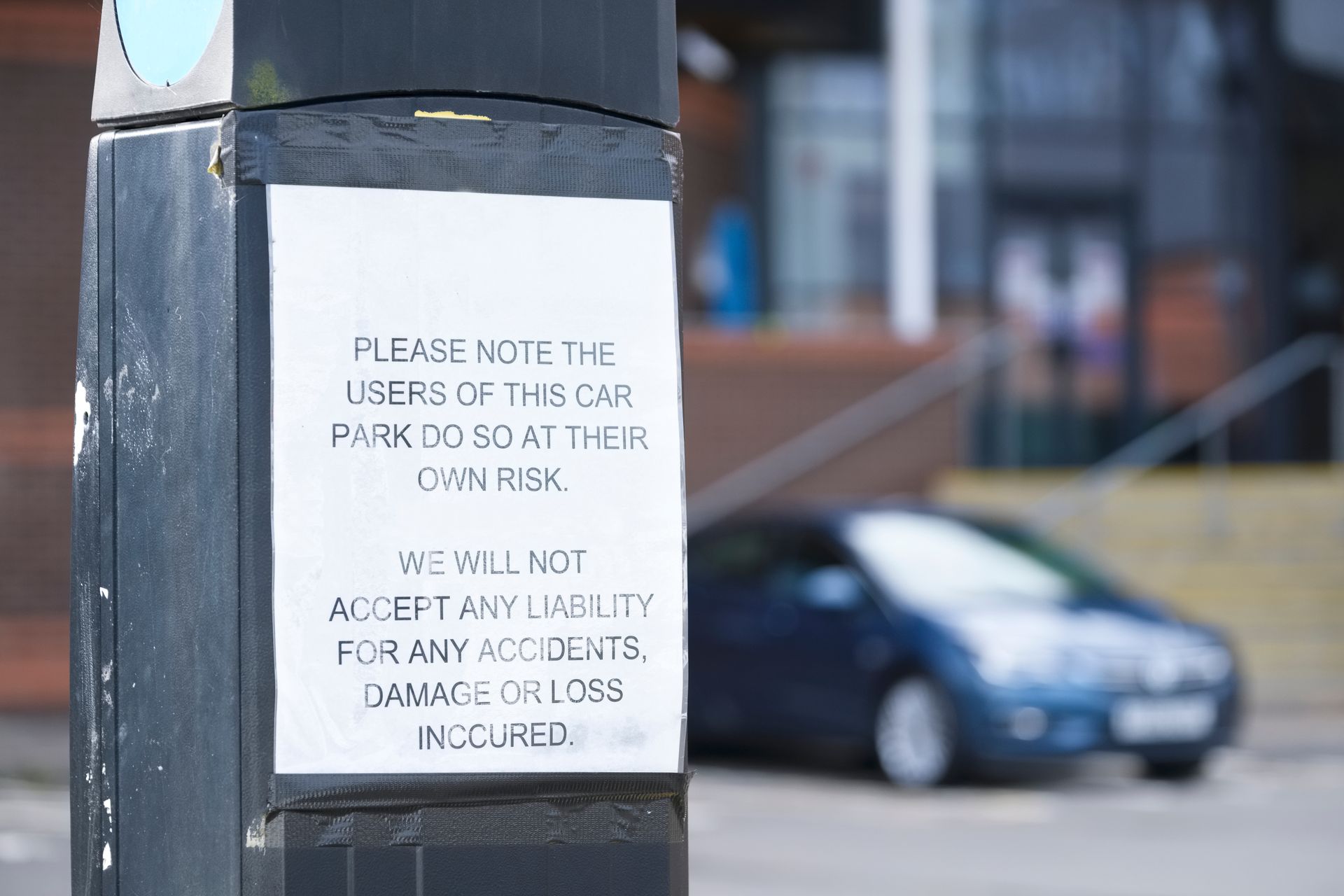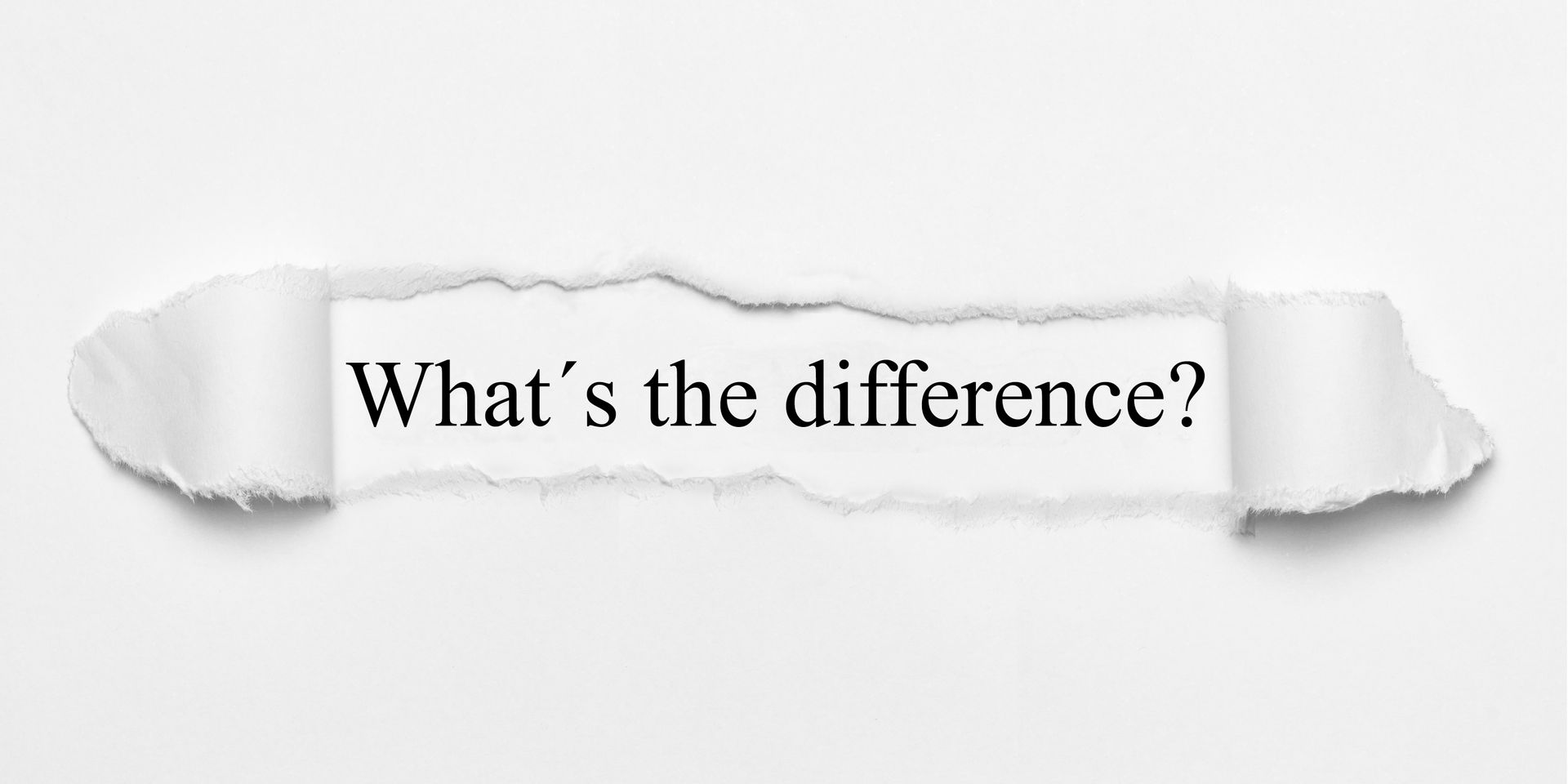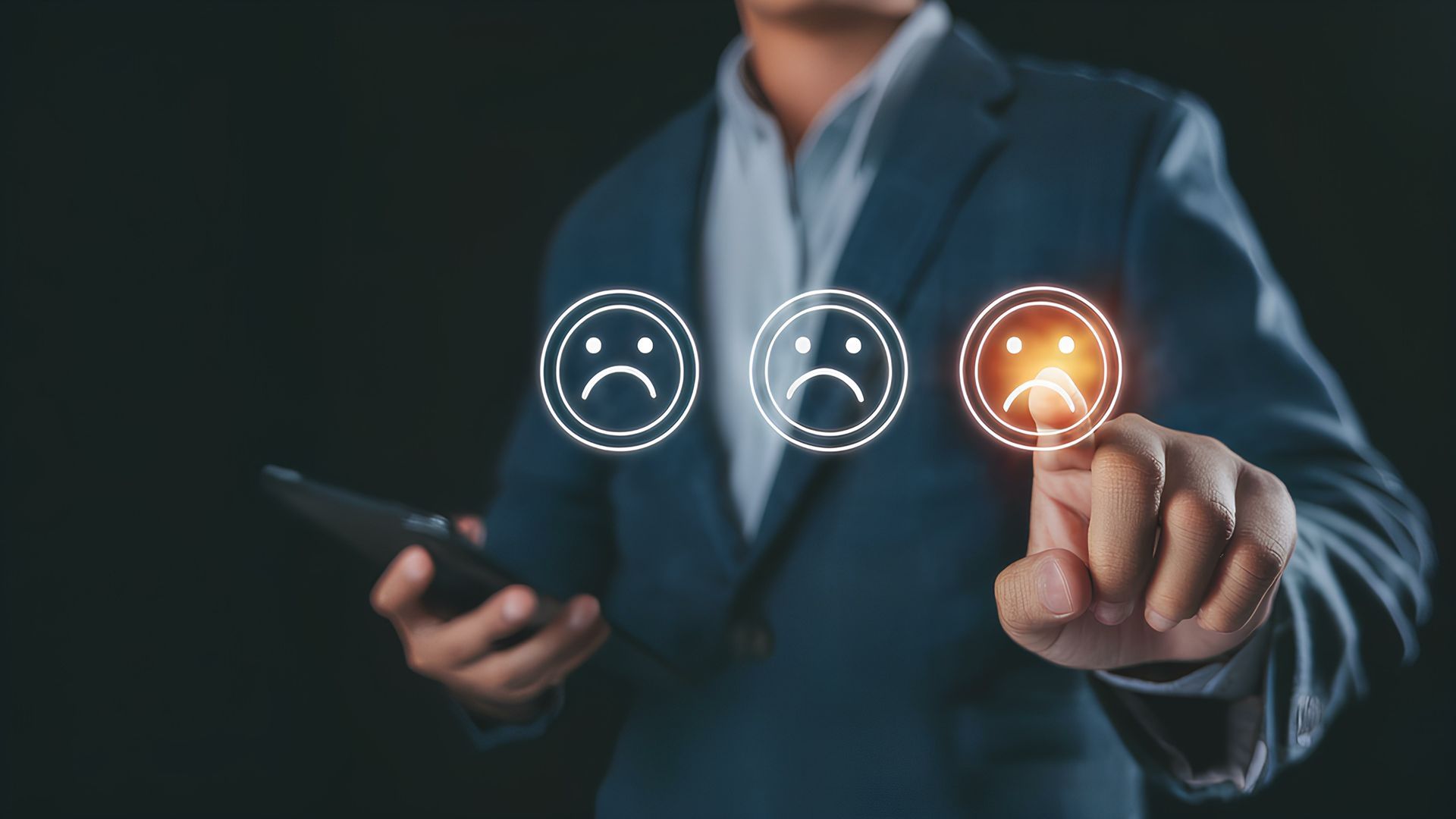Blog

Sports and recreational activities are a vital part of community life, providing opportunities for exercise, teamwork and enjoyment. However, these activities also come with inherent risks of injury. For sports facilities, youth leagues, schools and coaches, being able to defend against injury claims if they do arise is essential to maintaining operations and protecting financial stability.
Establish Clear Rules and Enforce Them
One of the most effective ways to prevent injuries and defend against claims is to establish and enforce clear safety rules. This includes:
- Comprehensive Safety Protocols: Develop and implement safety protocols that cover all aspects of your facility's operations. This should include guidelines for equipment usage, emergency procedures and regular maintenance checks of facility, school or league-provided equipment.
- Training for Staff and Participants: All staff members, coaches and participants must be well-trained in safety procedures and the proper use of equipment. Regular training sessions and refreshers can help keep safety at the forefront of everyone's mind.
- Signage and Communication: Clearly post safety rules and guidelines throughout your facility. Use signage, brochures and digital communications to ensure everyone is aware of the expectations and procedures. Clear signage can make it more difficult for plaintiffs to allege that they weren’t warned of risks or proper behavior.
- Regular Inspections: Conduct regular inspections of your facility and equipment to identify and address potential hazards. Document these inspections and any repairs or improvements you have made to demonstrate your proactive commitment to safety.
The Role of Liability Waivers
Liability waivers are a common tool used in youth and team sports and recreation facilities to protect against injury claims. These waivers require participants and/or parents to acknowledge the risks involved in the activity and agree not to hold the facility liable for injuries. However, waivers are not foolproof and have limitations.
What Liability Waivers Can Protect Against
- Assumption of Risk: Waivers can protect your facility by demonstrating that participants were aware of and accepted the risks involved in the activity. This can be a strong defense in the event of an injury claim.
- Negligence: In many cases, waivers can protect against claims of ordinary negligence, where an injury occurs due to a lack of due care. However, this protection varies by jurisdiction, and some courts may be more willing to enforce waivers than others.
What Liability Waivers Cannot Protect Against
- Gross Negligence or Willful Misconduct: Waivers generally cannot protect against claims of gross negligence or willful misconduct. If an injury results from a serious failure to meet safety standards or intentional harm, the waiver may be deemed unenforceable.
- Minors: Waivers signed by minors or on behalf of minors by their parents may not always be enforceable. Courts often scrutinize these waivers more closely to make sure that the rights of the minor are adequately protected.
- Public Policy: Some jurisdictions may not enforce waivers if they are deemed to violate public policy. This means that certain types of injuries or situations may not be covered by a waiver, regardless of the language used.
Strategies for Strengthening Your Legal Defense
Given the limitations of liability waivers, it's crucial to adopt additional strategies to defend your facility against injury claims.
Maintain Comprehensive Insurance Coverage
Ensure that your facility has comprehensive insurance coverage that includes general liability, professional liability and specific coverage for sports and recreation activities. This can provide financial protection and legal support in the event of a claim.
Documentation and Record Keeping
Keep detailed records of all safety protocols, training sessions, inspections and incident reports. This documentation can be invaluable in demonstrating your commitment to safety and defending against claims of negligence.
Legal Counsel and Risk Management
Consult with legal counsel to review your liability waivers, safety protocols and insurance coverage. An attorney can help you identify potential legal vulnerabilities and develop strategies to mitigate risks. Also, consider hiring a risk management consultant to assess your facility and recommend improvements.
Educate Participants and Guardians
Educate participants and their guardians about the risks involved in sports and recreation activities. Provide clear information about safety measures and what to do in case of an injury. Informed participants are more likely to understand and accept the inherent risks of the activity, less likely to participate in behaviors that can lead to injuries and be able to react appropriately if injuries do occur.
Foster a Culture of Safety
Create a culture of safety within your facility by encouraging open communication about safety concerns and making safety everyone's responsibility. Recognize and reward staff members and participants who contribute to a safe environment. Take immediate action to stop behavior that is prohibited or can lead to injuries and remove individuals who fail to comply with your safety requirements.
Need Legal Assistance Defending Against a Sports or Recreation Injury Claim in Atlanta?
Injuries and liability claims can pose significant risks to your school, league or sports and recreation facility. Protect your organization with an experienced Atlanta business liability defense lawyer from the Law Office of Cameron Hawkins.
Contact us today at (678) 921-4225 for a consultation and secure experienced defense.

